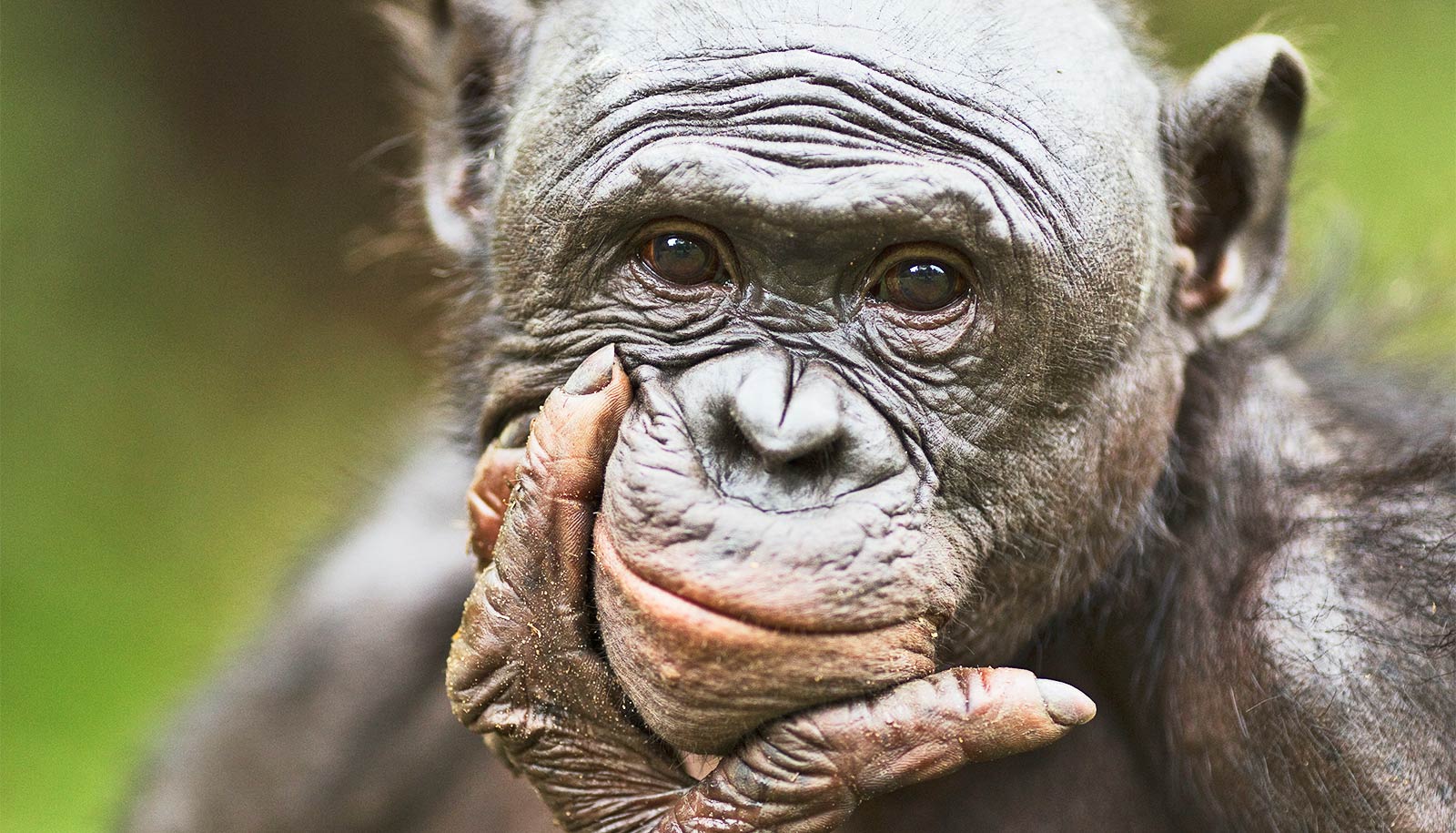The way animals move their tails reveals a lot about their emotional state, particularly the frustration they feel when they can’t solve a problem.
“Our results demonstrate the universality of emotional responses across species,” says study lead author Mikel Delgado, a doctoral student in psychology at the University of California, Berkeley. “After all, what do you do when you put a dollar in a soda machine and don’t get your soda? Curse and try different tactics.”
For the study, published in the Journal of Comparative Psychology, researchers tracked 22 fox squirrels in their leafy habitats, putting them through a series of foraging tasks that had them puzzle their way into various open and locked containers to get to nuts or grains.
“What do you do when you put a dollar in a soda machine and don’t get your soda? Curse and try different tactics.”
The more frustrated the squirrels became—especially if the container was locked—the more they flicked their bushy tails.
On a positive note, these stages of tail-flagging irritation, and even aggression, led fox squirrels to try new strategies, such as biting, flipping, and dragging the box in an attempt to land a reward. The results imply that acts of frustration may be necessary and beneficial to problem-solving, Delgado says.
“Animals in nature likely face situations that are frustrating in that they cannot always predict what will happen. Their persistence and aggression could lead them to try new behaviors while keeping competitors away. While not a direct intelligence test, we think these findings demonstrate some of the key building blocks to problem-solving in animals—persistence and trying multiple strategies.”
[Crows beat test that stumps little kids]
Frustration has been observed in chimpanzees, pigeons, and even fish, “but we don’t know much about what function they serve,” Delgado says.
Nuts! The box is locked
To find out, she and psychology professor Lucia Jacobs, trained campus fox squirrels to open containers to get walnuts.
After nine trials of being rewarded with easy-to-obtain walnuts, the squirrels were faced with the unexpected: Some found an empty box, others a locked box, and still others a piece of corn instead of a walnut. As predicted, their tails flicks increased with each disappointment. The locked box was the most irritating.
Researchers videotaped the squirrels’ foraging trials and found that once the critters got over their frustration, they tried new tactics, such as biting the box, flipping it, dragging, and spending time puzzling over how to get it open.
“This study shows that squirrels are persistent when facing a challenge,” Delgado says. “When the box was locked, rather than giving up, they kept trying to open it, and tried multiple methods to do so.”
Source: UC Berkeley


